An extreme form of mental gymnastics is required to believe that a pro-choice, pro-LGBTQ, pro-immigration philosemite in an interracial marriage is also Canada’s beachhead for an invasion of American-style white nationalism.
Then again, Canadians have extremely flexible imaginations.
There are armies of politically literate Canadians who earnestly think that Pierre Poilievre would be comfortable among the members of the Republican Party — even in the Freedom Caucus that comprises its rightmost flank. Not a few of them — grown adults who can tie their own shoes and read without moving their mouths — genuinely believe that Poilievre is something other than a mild-mannered, ideologically malleable, Ottawa-tempered functionary.
Poilievre, a forty-five-year-old Conservative who has been involved in politics since he was a teenager, is an odd figure to have set the cat among the pigeons so completely. But the delusion isn’t the pigeons’ fault, really. Most Canadians are brought up in a culture that is so thoroughly conducive to cognitive dissonance that even the most basic observations about their own governance can prove impossibly elusive.
In Canada, national identity is (and has long been) predicated on the blinding myth of moral exceptionalism — particularly in relation to the United States.
Canadian schoolchildren are taught that theirs is a restrained, peacekeeping nation rather than one that wages avaricious wars of conquest. They are taught that Canada is a tolerant cultural mosaic rather than an oppressive, xenophobic melting pot. They are taught that the relative peace and stillness on their border is born of generosity rather than geographic circumstance. They are taught that access to third-trimester abortion, drug legalization and euthanasia reveals the enlightenment of their polity rather than the ossification of their institutions and the lethargy of their political discourse. These and other intractable myths are clung to, desperately, by a people that lacks any sort of deeper, binding identity.
Unsurprisingly, subscription to these myths arrives accompanied by an instinctive disgust toward the unabashed American nationalism south of the border, the red-blooded Trumpism that eschews rather than embraces Canada’s so-called cultural hallmarks. This disgust, unfortunately for Justin Trudeau’s political adversaries, attaches itself to anyone who presents even a modicum of resistance to Canada’s fervid liberal consensus. And it is fervid.
A January poll conducted by the Canadian non-profit Angus Reid Institute indicated that nearly two-thirds of Canadians believe the United States cannot survive another Trump presidency. Donald Trump, his political movement and everything it is imagined to foreshadow appear to misalign fundamentally with Canada’s totalizing cultural mythology.
The time-honored strategy of accusing a Conservative Party leader of sharing unacceptable American positions has become one of the most rewarding messaging strategies in the current Canadian political arena, even if it requires Olympic levels of rhetorical elasticity. For several years attempts to compare Poilievre’s position with something that it manifestly isn’t have been the most effective means of safeguarding the Trudeau government’s decade-long chokehold on power, and in a period that coincides with Trump’s 2024 campaign, the effort is switching into overdrive.
“Conflating Canadian Conservatives with the worst of the American GOP excesses is a standard play for the Liberal Party of Canada,” says Jeff Ballingall, president of Mobilize Media Group and veteran conservative politico. “As they’re twenty points down, the Trudeau Liberals cannot talk about their own record, and we should suspect they’ll reach new depths of desperation in an attempt to stave off electoral annihilation.”
The conflation tactic was hard at work this May, when the prime minister criticized the New Brunswick government for its imagined prohibition of public funding for abortions. “I will continue to call out the government of New Brunswick and any Conservative leader across the country who continues to go after women’s rights,” Trudeau told reporters. “Indeed, we’re seeing what happened in the United States, with the reversal of Roe v. Wade.”
He offered similar remarks to the Canadian Press earlier this year: “What we’re seeing from these MAGA conservatives is an approach on going back on fundamental rights in ways we shouldn’t be seeing.” His reference was to US politics, but, he added, “the threat” to Canada “is real.” As the National Post’s Chris Selley noted at the time, “Even by the standards of Trudeauvian hyperbole and Canada’s kabuki abortion politics, that would be a hall-of-fame howler.”
Hall-of-fame, without a doubt. The specific instance that Trudeau was referring to so dramatically was New Brunswick’s move from clinic-based to hospital-based abortions. Abortion itself, which was sanctioned during Trudeau père’s tenure in the 1960s, has no legal restrictions in the country. There is not currently — nor has there been for over three decades — a politically viable pro-life movement in Canada.
And yet, the messaging lands. In the minds of a staggering share of Canadian voters, it’s totally conceivable that a minor bureaucratic rearrangement is the first step down the path toward a Handmaid’s Tale hellscape.
What this histrionic mindset means in practice for Canadian Conservatives is that they must decisively differentiate themselves from their American counterparts. In particular, it means shunning American media. It means forgoing the opportunity to lean on ideologically supportive outlets simply because they are headquartered south of the 49th parallel. It means losing out on access to some of the largest media entities in the world — consumed by millions of Canadians — lest there be any appearance of collaboration or political alignment.
Unlike Justin Trudeau, who cheerfully sat for interviews with the New York Times during his rise to power, Pierre Poilievre is unable to indulge the countless American journalists who would boost his signal. It’s a bizarre, obstinate reality of Canada’s political culture, but it’s a reality nevertheless.
Poilievre knows the rules of this game as well as anyone.
Last October, he had one of the biggest media moments of his career, the famous “apple incident,” when during an outdoor, scrum-style interview in British Columbia, Poilievre coolly munched on an apple while a reporter questioned him about his supposed “populist pathway” and compared him to Donald Trump. In the video, which garnered millions of views in Canada and abroad, Poilievre swiftly deflected ideological questions, maintaining a calm and composed demeanor as the man with the microphone forgot how to speak. The moment appeared spontaneous and unscripted, contrasting starkly with most political interactions in Canada. Poilievre’s responses emphasized common-sense solutions and criticized the current government’s economic policies. He successfully framed himself as a straight-talking and pragmatic alternative to a scandal-plagued, out-of-touch, nepo-baby prime minister whose approval rating has plummeted to an all-time low: an anemic 28 percent at the end of April.
Conservatives around the Western world celebrated the confrontation as a masterclass in handling the sort of snarky reporters Canada has become so famous for producing. It was a verbal beatdown, and it was brutal, and Poilievre made it look effortless. In the days that followed the incident, he could have gone on Tucker Carlson’s show. He could have gone on Ben Shapiro’s podcast. He could have gone on any number of America’s conservative cable networks. All these media opportunities would have given him a chance to spread his message to millions of viewers — many American, admittedly, but many Canadian as well.
But if the apple incident earned the media attention, he wasn’t allowed to cash in on it. The fear of being associated with the American political ecosystem is incredibly strong. It’s so strong that dismissing this profile as needlessly risky was something of a foregone conclusion — despite the fact that The Spectator is not especially partisan, or particularly American; despite the fact that it is one of the oldest, most reputable publications in the English-speaking world; and despite the fact that the piece would be penned by a Canadian national.
The political calculus is, in the mind of Poilievre and his comms team, clear: given the psychosis that grips Canada’s collective cultural consciousness, it’s simply too risky. There are far too many non-aligned Canadian voters who could be swung away from voting Conservative if the Liberals land even the most remotely believable accusations of similarity with America’s right-wing.
And so Poilievre has been forced to be disciplined in his isolation. He’s been forced to stay on-message, in-country, hermetically sealed off from the rest of the continent, narrowly in his lane.
So far that approach has served him well enough. On paper, things look good. According to late May polling data, the Tories would secure a commanding victory if an election were held today, with projections indicating they would win 217 seats (of 343) compared to a mere sixty-four for the incumbent Liberal Party.
“The challenge for the Liberals now in Canada is that because they’ve been so consistently low in the polls, efforts to tie the Conservatives to the [American] Republicans without any strong evidence fall on deaf ears and wind up backfiring, instead playing into the desperation narrative around the Liberals’ inability to get traction with Canadians,” says Ginny Roth, partner at Crestview Strategy and one of Canada’s most authoritative political voices.
Presently, Trudeau’s Liberals control a minority government that is reliant on the support of the New Democratic Party to pass legislation and maintain parliamentary stability. This coalition has been critical in sustaining the Liberals, but its political frailty is growing apparent as issues like cost of living and the situation in Gaza see young voters flee from the party in droves.
The next federal election is scheduled to take place on or before October 20, 2025, contingent upon Trudeau’s ability to keep the alliance with the NDP intact that long. Should this coalition falter, an earlier election could be triggered.
It is likely that Poilievre would be less isolated from the outside world were he to be elected to Canada’s top office. Especially in a majority-government situation with padded margins, he and his inner cadre might feel more comfortable speaking to their neighbors.
“Leadership candidates have different media strategies than leaders of the opposition, who have different media strategies than prime ministers,” remarks Anthony Koch, a strategist who served as Poilievre’s spokesman during the 2022 Conservative Party leadership election. “Canadian politicians seeking to be elected to Canadian political office in opposition generally speak to media that has a Canadian audience.”
“As prime minister, he and his government would be more likely than now to occasionally want to reach audiences in other countries,” Roth adds. “So, it’s not hard to imagine that if, for instance, a future Conservative government is negotiating a trade deal, they may want to communicate with stakeholders in that country and make media interview choices accordingly. Regardless, I think Mr. Poilievre will continue to balance the need to reach key Canadian and other audiences through social media, mainstream media, and new media with other priorities on his time. I wouldn’t expect a Vogue photoshoot any time soon.”
Even if the Conservatives do muster a win, they will remain the primary target of the cultural conviction that has long defined the tone of Canadian politics: a maniacal anti-Americanism that constantly undermines and dilutes the Conservative cause. Not even the most decisive electoral mandate is enough to counter generations of brainwashing.
I set out to do a traditional profile of Poilievre — with questions, answers and intimate reportorial details about the type of sturdy, self-assured handshake that you would expect from Trudeau’s only plausible successor. I wanted to sit down with my fellow Albertan to talk about the direction our country is headed, to talk about the myriad forces degrading what’s left of our economy and fraying what’s left of our social fabric. I wanted to give him a fair look — a much fairer look than he gets from other Canadian journalists.
But Pierre Poilievre knows better. He knows the rules.
This article was originally published in The Spectator’s July 2024 World edition.



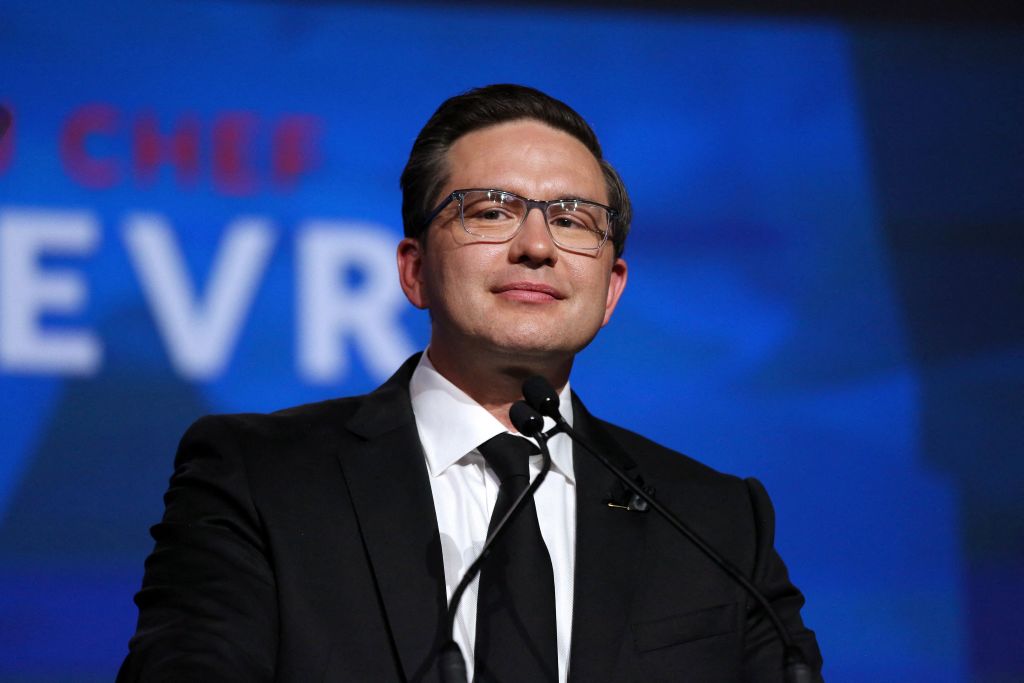







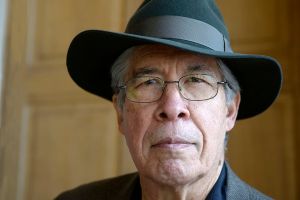
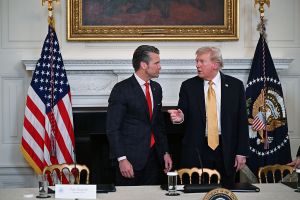
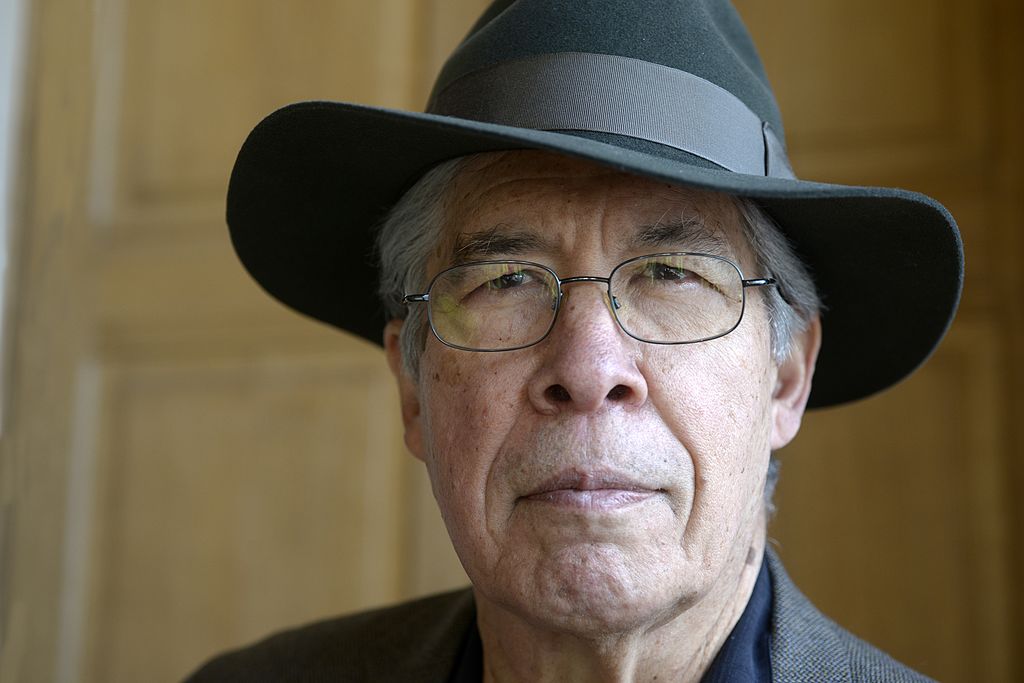


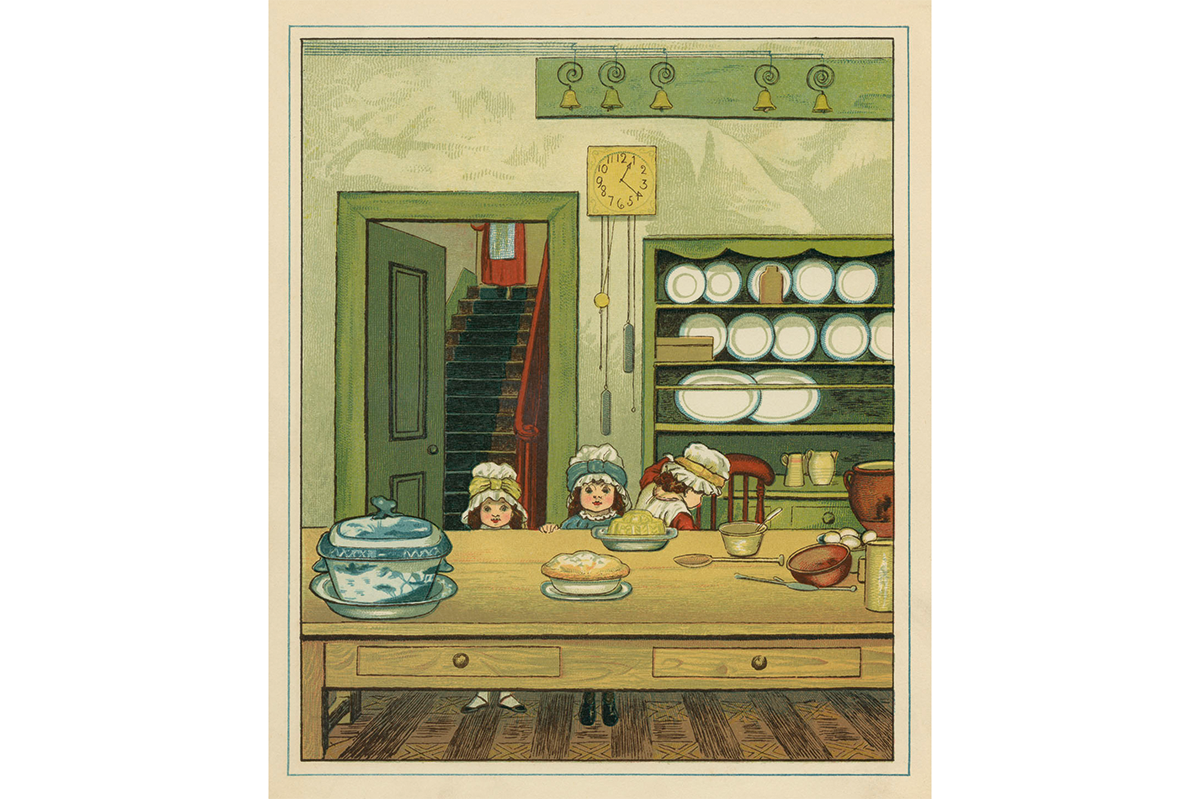
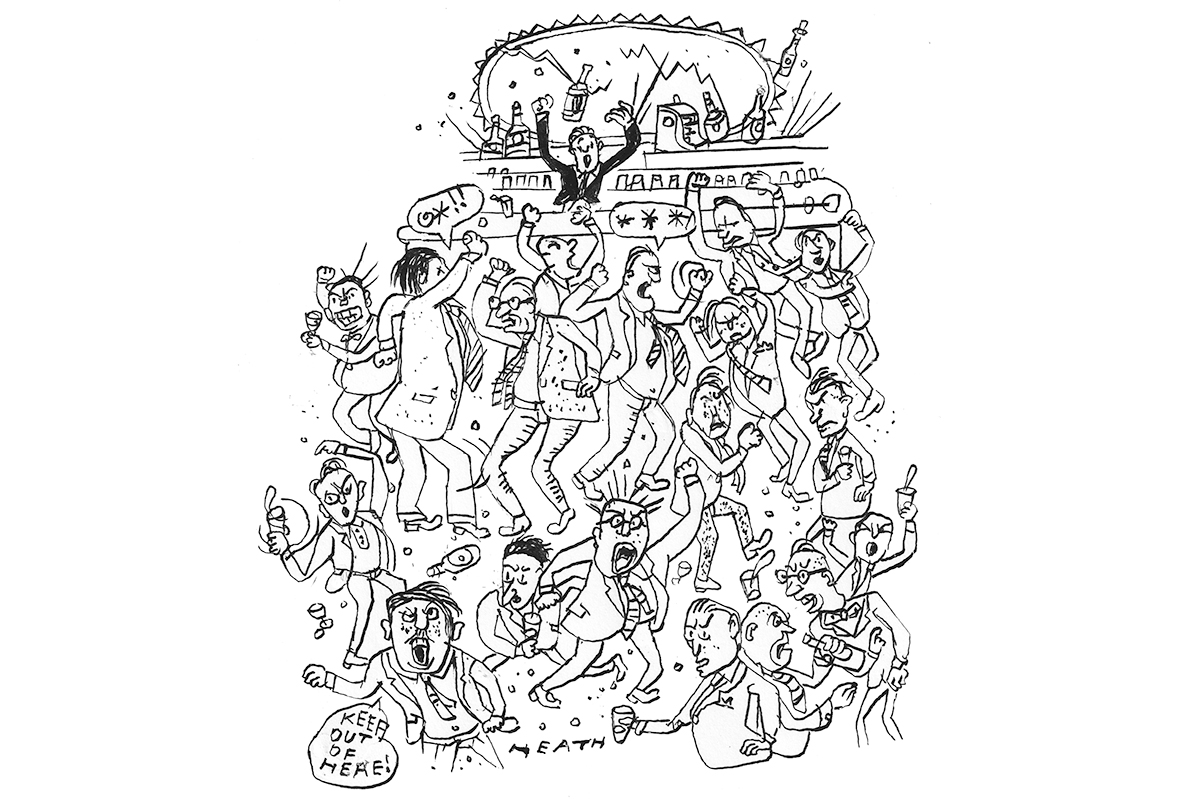
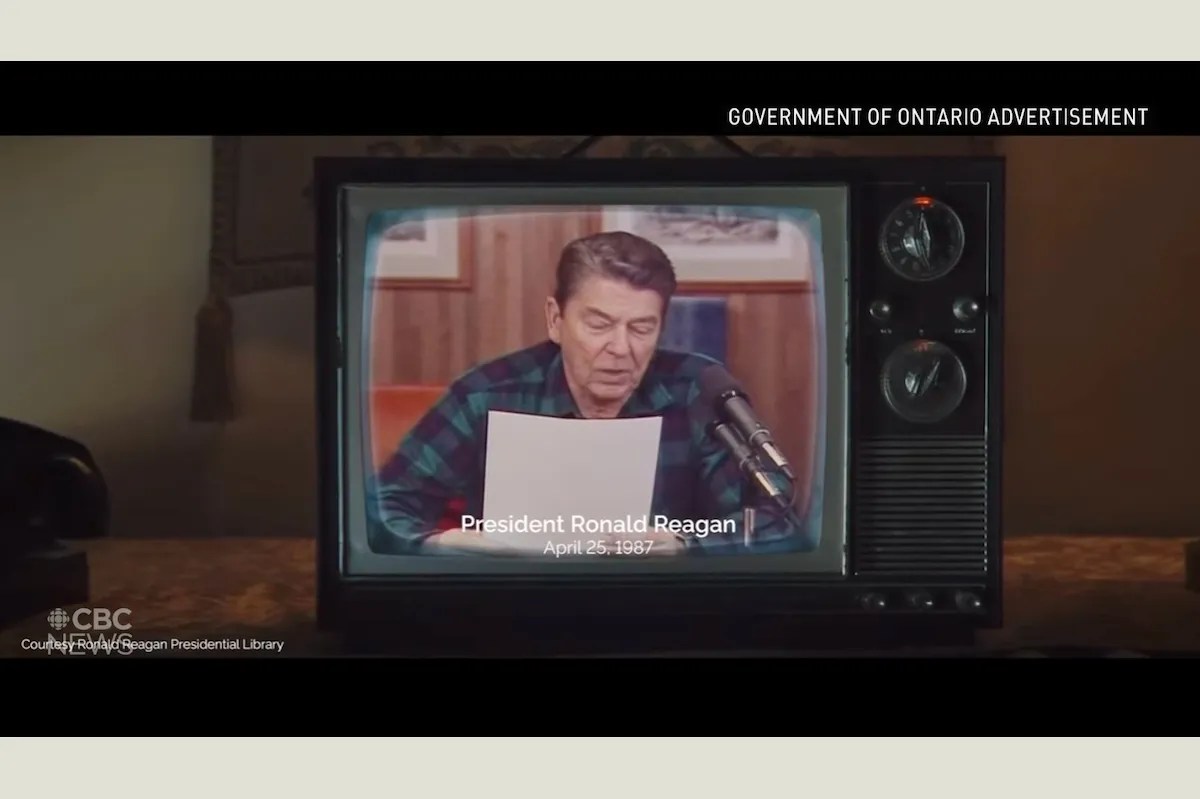







Leave a Reply